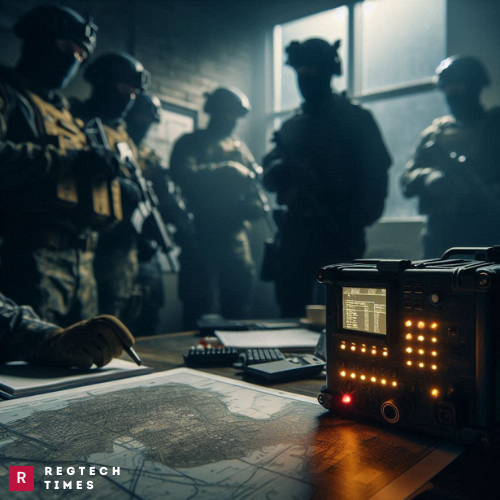The Philippines has made headlines after law enforcers arrested a Chinese national, Deng Yuanqing, on suspicion of spying on military facilities. This arrest has raised concerns about national security and possible surveillance activities in the country. Deng, believed to be connected to the People’s Liberation Army (PLA) in China, was found with equipment that authorities say could be used for espionage.
Investigators from the Philippine National Bureau of Investigation (NBI) shared details during a press conference, revealing that Deng’s group had been under surveillance for some time. Intelligence reports indicated that they had been closely monitoring critical infrastructure, including military installations. Deng’s arrest highlights the ongoing tension between the Philippines and China, especially given disputes over territorial waters and recent maritime incidents.
Connection to Military Sites and Sensitive Areas
Deng’s group reportedly visited multiple locations, including sites used by U.S. forces under a military agreement with the Philippines. According to Philippine armed forces officials, these areas are of strategic importance to the country’s defense. The NBI Cybercrime Division explained that Deng had been in the country for at least five years, blending into local communities while allegedly gathering sensitive information.
Authorities believe Deng acted as a “sleeper agent”—someone who stays unnoticed for years before carrying out specific assignments. His vehicle, which was seized by investigators, contained equipment suspected of being used to collect and possibly transmit data about military facilities back to China. Officials noted that it’s possible some information had already been shared with foreign entities before his capture.
Rising Tensions and Territorial Disputes
This arrest comes at a time of heightened distrust between the Philippines and China. The two countries have long been at odds over territorial claims in the South China Sea. China’s activities, including its coast guard’s actions and the use of fishing militias in disputed waters, have repeatedly caused tension.
While Philippine authorities have not disclosed the full scope of the investigation, the arrest of Deng and two Filipino suspects shines a spotlight on concerns about espionage. Local officials are also focusing on how this incident might affect national security, given the strategic nature of the targeted sites.
The Chinese embassy in Manila has not yet commented on the situation. However, the case has already drawn significant attention, as it underscores ongoing geopolitical conflicts and the risks of surveillance activities in the region.


